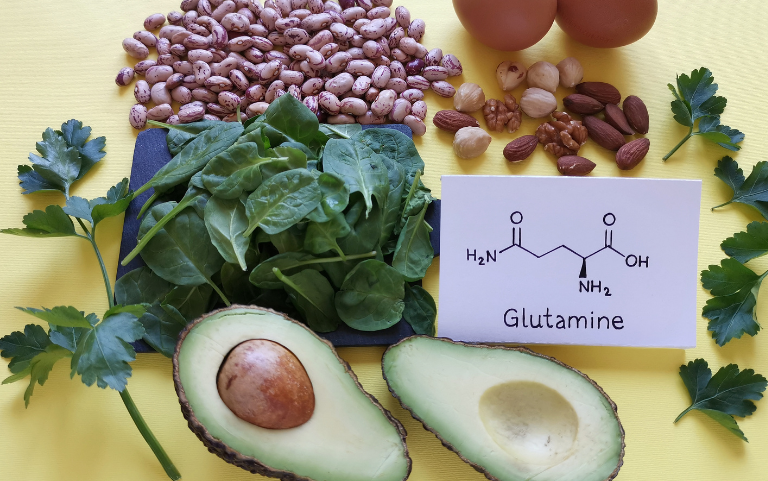- Presented by
- Julie Arens
- Get wholesale pricing
- Save 20% or more
- Free shipping on orders from 125€ or more. Consult shipping conditions.
Are you sure you want to leave Julie Arens's MyShop site?
Are you sure you want to leave Julie Arens's MyShop site?

Poor digestion can affect our levels of happiness, who would ever have thought it? We associate happiness with other situations, such as spending time with our families, enjoying our free time, being able to help the people around us, performing acts of solidarity, but we wouldn’t be able to enjoy any of these things without good digestion.
Specialists are treating an increasing number of digestive system-related complaints. Some of the most common problems are acidity, flatulence (wind), diarrhoea, constipation, inflammatory disorders, etc.
Did you know
We can alleviate many digestive problems by making small changes to our habits: eating healthily, doing more physical exercise, reducing stress, doing relaxation exercises, having a positive attitude, etc.

Gastric acid helps us “prepare” food according to the nutrients our body needs. Excess production can cause stomach pain and intestinal discomfort.
The surface of the stomach lining is covered with epithelial cells, which create a “selective” barrier between the internal and external layers, preventing potentially harmful substances (such as antigens, toxins, microbial products, etc) from crossing. These cells are also responsible for our digestive health, the correct absorption of nutrients and electrolytes, and they also play a major role in the health of our immune system.
Gut microbiota is defined as the “population of microorganisms that inhabit the intestine and help digest and assimilate ingested nutrients, including vitamins, fibre and sugar”. Most of these microorganisms benefit digestive health and we should maintain the correct balance to avoid the proliferation of pathogenic bacteria in the digestive tract.
General wear and tear, bouts of diarrhoea or taking antibiotics affect the balance of gut microbiota, so we need to give it a helping hand to get it back to normal. This is where digestive supplements, such as probiotics and prebiotics come in.
These are live microorganisms which, when administered in the right quantities, provide health benefits to the host. As well as improving gastrointestinal transit and digestion in general, its functions include the activation and regulation of the immune system, preventing infections and the synthesis of certain vitamins, such as vitamin K and some B vitamins.
_20220317102206.png)
These are “ingredients that produce selective growth and/or activity stimulation in species of microorganisms in the gut microbiota, providing health benefits to the host”.

It is a non-essential amino acid. It plays a role in the proliferation of intestinal cells, integrity of the lining, and protection of intestinal cells against oxidative stress. There are even studies that are investigating the role of glutamine as an anti-inflammatory.
These simple tips will help you understand and take good care of your digestion. Don’t delay, start practising the healthy habits we mentioned right away, for a happy digestive system, improved whole body function and stronger, more stable emotional health.

For more information:
The Survey of digestive health across Europe
Guarner F. The role of intestinal flora in health and disease. Nutr Hosp. 2007 May;22 Suppl 2:14-9. Spanish. PMID: 17679289
Salvo Romero E, Alonso Cotoner C, Pardo Camacho C, Casado Bedmar M, Vicario M. The intestinal barrier function and its involvement in digestive disease. Rev Esp Enferm Dig. 2015 Nov;107(11):686-96. doi: 10.17235/reed.2015.3846/2015. PMID: 26541659
Kim MH, Kim H. The Roles of Glutamine in the Intestine and Its Implication in Intestinal Diseases. Int J Mol Sci. 2017 May 12;18(5):1051. doi: 10.3390/ijms18051051. PMID: 28498331; PMCID: PMC5454963.
You are trying to view a MyShop page. Please log out in order to view this website.